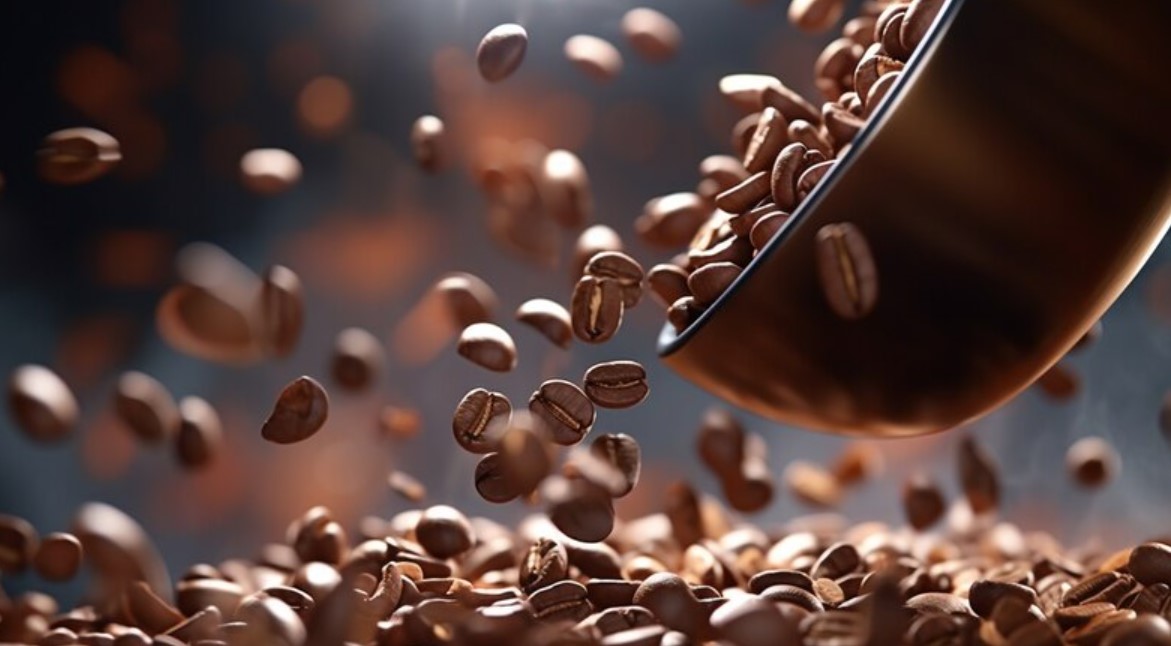Understanding Specialty Coffee
Specialty coffee refers to high-quality coffee that is distinguished by its unique flavor profiles, meticulous production methods, and stringent quality standards. Unlike regular coffee, which may include lower-quality beans and less rigorous processing, specialty coffee emphasizes exceptional taste, aroma, and origin. To qualify as specialty, coffee must score 80 points or higher on a 100-point scale, as assessed by certified coffee tasters known as cuppers. This scoring system not only evaluates flavor but also takes into account acidity, body, balance, and overall complexity. The beans are sourced from specific regions, often highlighting the unique characteristics of their environment, and they undergo careful cultivation and processing methods that contribute to their distinctive profiles.
The Art of Sourcing and Processing
The journey of specialty coffee begins at the farm, where cultivation practices greatly impact the quality of the beans. Many specialty coffee producers practice sustainable farming methods, focusing on biodiversity and soil health. They often grow their coffee under the shade of trees, which helps preserve the ecosystem while enhancing the coffee’s flavor. Once harvested, the processing methods—such as washed, natural, or honey processes—play a critical role in defining the coffee’s final taste. In the washed process, the coffee cherries are depulped, fermented, and thoroughly washed, resulting in a cleaner flavor. The natural process involves drying the whole cherry before removing the outer layers, which can impart fruity notes. Specialty coffee is often traceable, allowing consumers to connect with the farmers and regions where their coffee originates.
Brewing Techniques for the Perfect Cup
Brewing Specialty coffee is both an art and a science, and various methods can highlight different aspects of the coffee’s flavor profile. Popular brewing techniques include pour-over, French press, AeroPress, and espresso, each providing a unique approach to extracting flavors from the beans. Pour-over methods, like the Hario V60 or Chemex, allow for precise control over water temperature and flow rate, resulting in a clean and bright cup. The French press, on the other hand, extracts oils and sediment, delivering a rich and full-bodied experience. For those who prefer espresso, the method requires finely ground coffee and high pressure, producing a concentrated shot that can be enjoyed solo or in various coffee drinks. The choice of brewing method significantly affects the final taste, allowing coffee enthusiasts to experiment and discover their preferences.
The Specialty Coffee Culture
The rise of specialty coffee has fostered a vibrant culture surrounding it. Coffee shops and roasteries dedicated to specialty coffee often create spaces for community engagement, education, and appreciation of the craft. These establishments emphasize the storytelling aspect of coffee, showcasing the farmers and regions behind each cup. Many offer cupping sessions, workshops, and tastings, enabling customers to deepen their understanding of the diverse flavors and aromas that specialty coffee has to offer. Additionally, social media platforms have played a significant role in the growth of coffee culture, with enthusiasts sharing their brewing techniques, experiences, and reviews. This has led to an increase in awareness and appreciation for specialty coffee, drawing in new consumers eager to explore its complexities.
The Future of Specialty Coffee
As the specialty coffee industry continues to evolve, it faces both challenges and opportunities. Climate change poses a significant threat to coffee production, affecting crop yields and quality. However, many coffee producers and organizations are actively seeking sustainable practices and innovations to adapt to these changes. For instance, advancements in agricultural techniques and research on climate-resilient coffee varieties are being prioritized. Moreover, the specialty coffee market is expanding globally, with emerging coffee-growing regions gaining recognition for their unique profiles. This diversification presents an opportunity for consumers to explore new flavors and support sustainable practices worldwide. As the industry progresses, the passion for quality and sustainability will likely drive the future of specialty coffee, ensuring it remains an integral part of the global coffee landscape.





